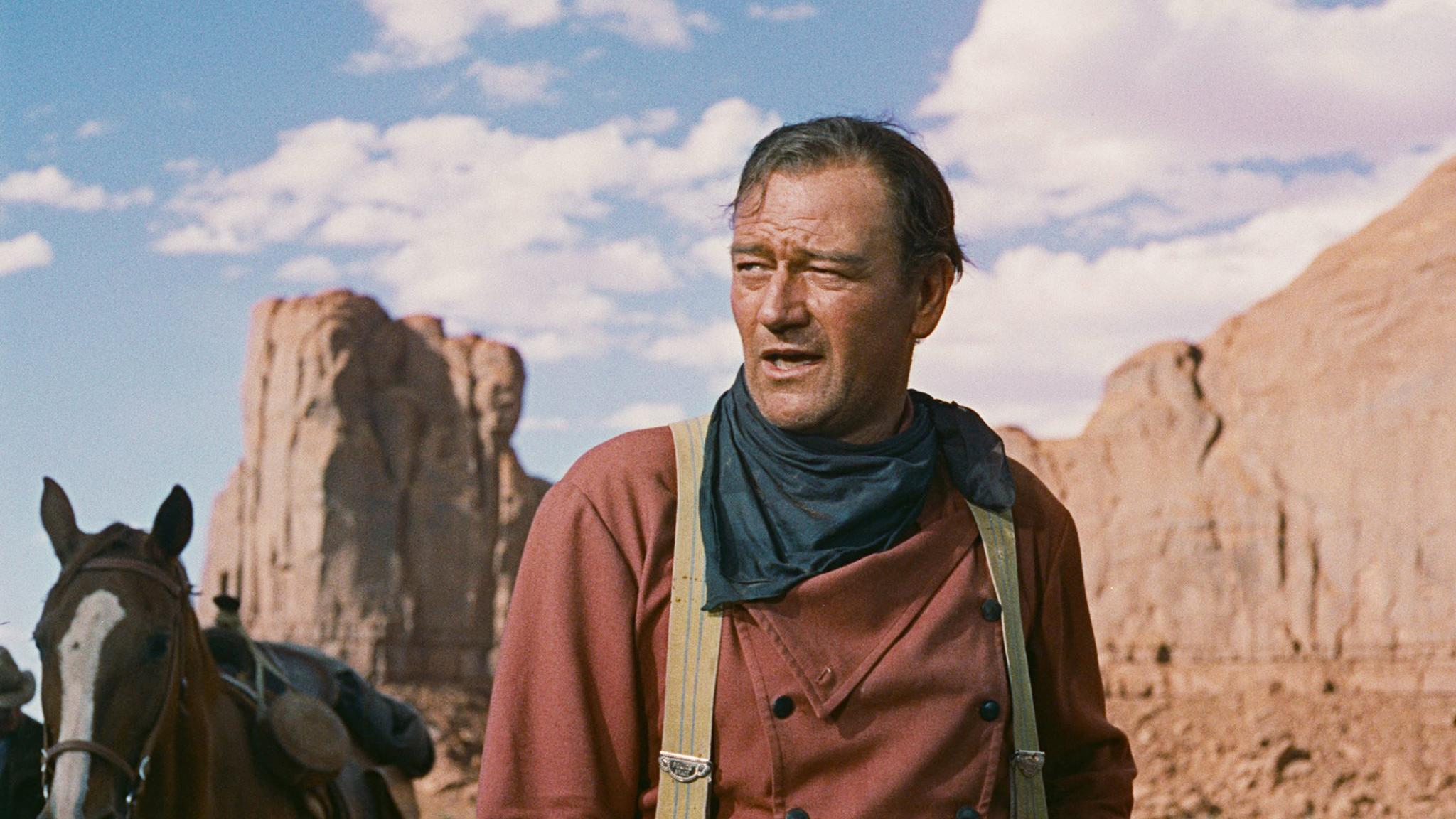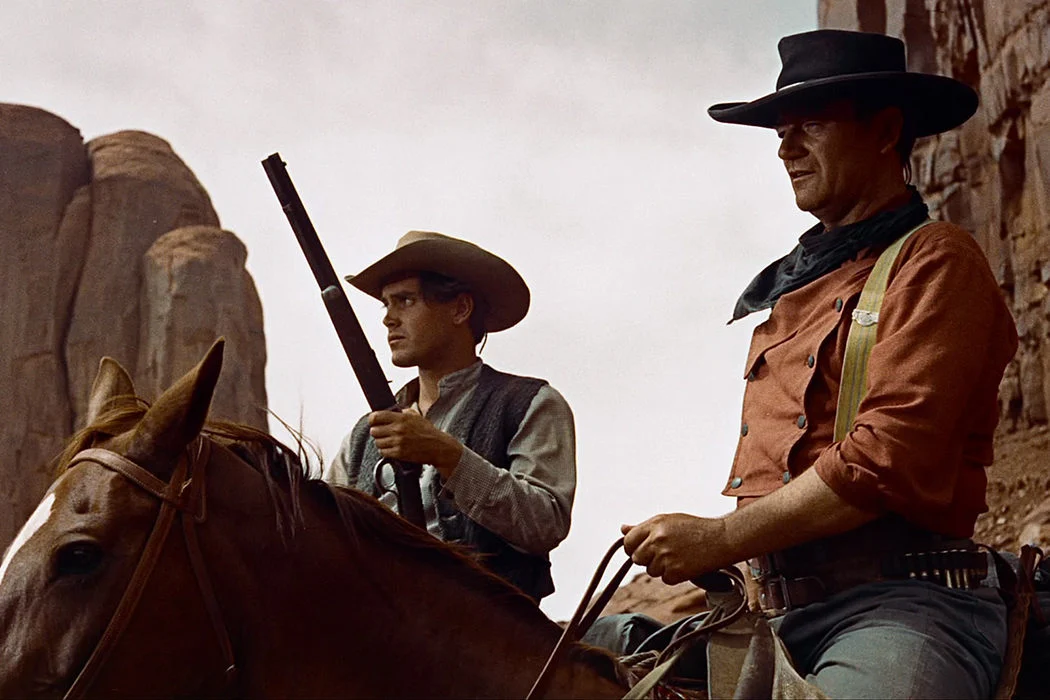Steven Spielberg is from the esteemed filmmaking group known as the Movie Brats. Their ranks include film giants such as Francis Ford Coppola, George Lucas, Brian De Palma, and Martin Scorsese. What made them so special? They learned about movies by watching movies. It set them apart from their predecessors, those who came up through the studio system, theater, or television, forced to adhere to traditional film conventions.
The Movie Brats were a bold group of visionaries who took what they learned from the greats of the Classical Hollywood era and infused the film industry with their own daring artistic vision. The Movie Brats honed their skills in a gritty, roughly 15-year filmmaking period known as New Hollywood. There they told earthy, socially oriented stories such as Scorsese’s “Taxi Driver” and Mike Nichols’ “The Graduate.”
Next, the movie brats took advantage of the emerging technology at their disposal, ushering in the blockbuster film era. One Movie Brat, in particular, was at the forefront of that era — namely Spielberg. In 1975, the filmmaker directed the movie that served as the unofficial kickoff of the blockbuster era: “Jaws.” And because Spielberg learned about making movies by watching movies, there was one specific Western that he turned to for inspiration above all other movies (and continues to turn to even today).
He watches Ford’s work before making every movie

You can easily make the argument that Steven Spielberg is to the blockbuster what John Ford is to the Western. Not surprisingly, Spielberg has been imitating the legendary filmmaker since he was in middle school. In 1979 Spielberg confessed to shooting a homemade Western in the seventh grade using a bedsheet with Monument Valley painted on it (a landscape made famous in Ford films).
It wasn’t just any Ford Western a young Spielberg was duplicating, but rather the Ford Western. “The Searchers” starring John Wayne is widely considered not only Ford’s best film but perhaps the greatest Western of all time. It also features one of Wayne’s most memorable and nuanced performances.
In a 1979 New York Magazine essay, film critic Stuart Byron called Ford’s 1956 masterpiece “the super-cult movie of the New Hollywood” because its imprint could be seen everywhere in the film movement, especially in Spielberg’s work. The director has never been shy about admitting that, either. In 2013, Spielberg discussed Ford’s influence on his work with the American Film Institute, explaining:
“I try to rent a John Ford film, one or two, before I start every movie. Simply because he inspires me, and I’m very sensitive to the way he uses his camera to paint his pictures, the way he frames things. […] He’s like a classic painter, and he celebrates the frame and not just what happens inside of it.”
It’s not surprising, then, that the film that netted Spielberg his first Oscar nomination for Best Director and won an Oscar for Best Cinematography was itself heavily inspired by “The Searchers.”
Seeing Ford’s influence on Spielberg’s work

Steven Spielberg says he watched “The Searchers” twice while making his 1977 sci-fi film “Close Encounters of the Third Kind.” In it, Wyoming’s Devils Tower is an apropos stand-in for John Ford’s Monument Valley. The films’ narratives are similar too, with both centering on protagonists who obsess over a search for something they simply can’t comprehend. As a result, each film explores themes of family, loyalty, and abandonment in their own unique ways.
At the 2011 premiere of Spielberg’s movie “War Horse,” the director spoke of Ford’s visual influence on the World War I drama:
“The thing that might resemble a John Ford movie more than anything else is that Ford celebrated the land. I just thought that of all the films I’ve made in recent years, this offered the opportunity to make the land a character.”
It’s the curious and mischievous nature displayed by the Movie Brats that introduced Spielberg to Ford in the first place. “I had to actually take a little money out of the cookie jar because my parents thought [‘The Searchers’] was too violent,” Spielberg told Turner Classic Movies. “I walked a mile to the theater and spent my 35 cents, got in, and saw my first John Ford picture. I’ve been a fan of his ever since.”
Although it was made nearly 70 years ago, the influence of John Ford’s “The Searchers” continues to permeate Hollywood to this day. The film’s legacy lives on not only on screen but in the ways the movie’s narrative and artistic style have been emulated by today’s most influential filmmakers, including the father of the modern blockbuster, Steven Spielberg. They, in turn, continue to inspire today’s emerging filmmakers.
